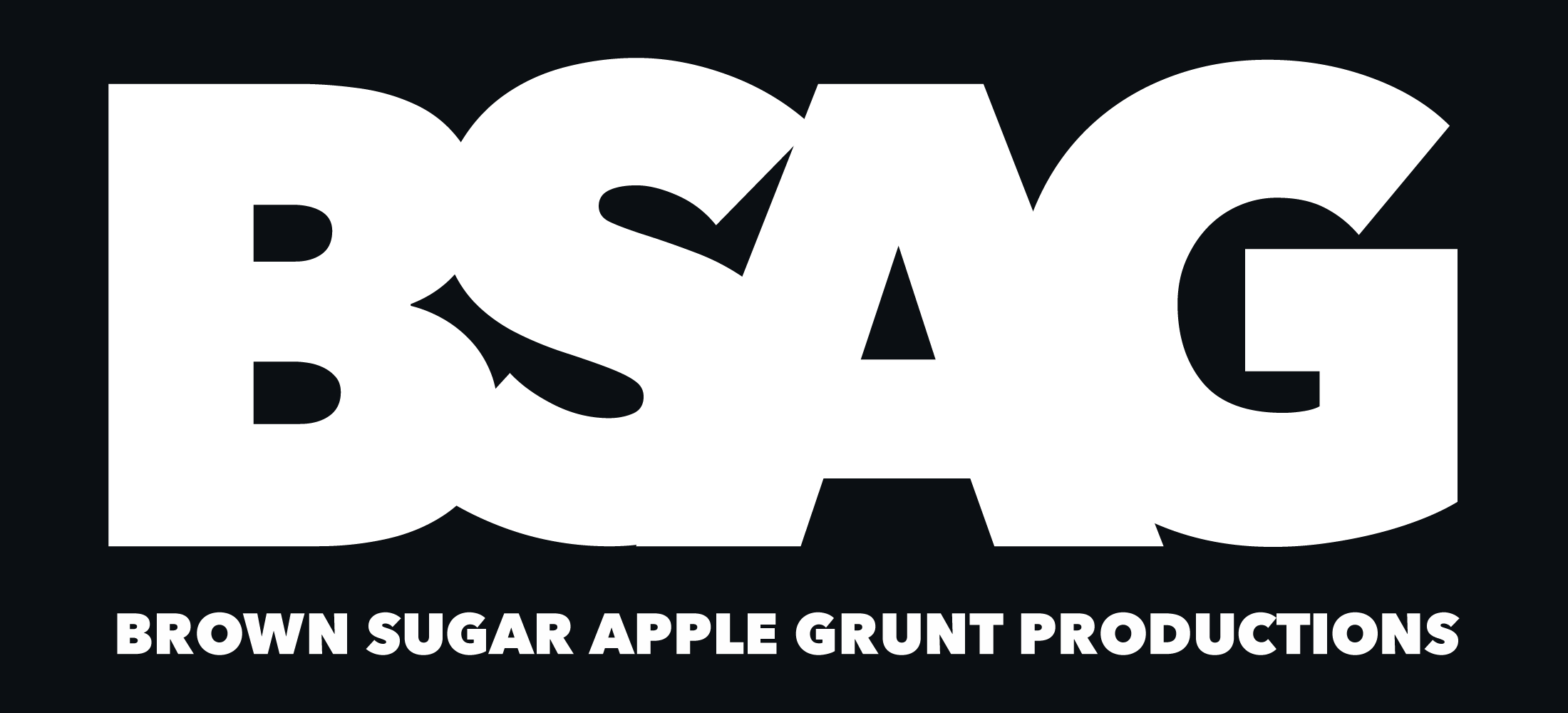Vegas and Story Sovereignty: A Response
After publishing her essay on Vegas and Story Sovereignty Leonie asked me if I’d like to respond. It took me two days to gather my thoughts and process my reaction.
Michael Bennett’s response is beautiful and insightful and, in my opinion, a much better starting point for this conversation and I’m pleased that The Spinoff published it.
I know others are still processing how they feel about Leonie’s essay. In the hope of continuing this as an actual discussion within our industry (which no doubt was the original intention) I’d like to share my response.
Kia ora Leonie
I’ve been struggling with how I feel about this all day. The following is my response:
When I started production on Vegas in September 2020 there was already mamae. The discussion was the same as it is now: story sovereignty should belong to Māori and only Māori. It was at the point where actors were being told by other actors/creatives in the industry that they shouldn’t take roles on the production much less even audition.
The first time I spoke with my cast we didn’t talk about how we would make the show or the nuances in the roles they had been cast in, we discussed the mamae. We talked about why it has to be so hard for us to just create, to just do the thing we’re good at, the thing we’ve built careers doing. We talked about the responsibility we have to our people making this kind of story. None of us were blind to the fact we were making “another Māori gang story”. The challenge was to make it different, unique, poignant and meaningful for all who wanted to watch. We were up to the challenge.
Then we talked about this idea of story sovereignty and whether or not we felt comfortable. If you consider for a moment the integrity of our actors do you think they would have taken the job if they weren’t comfortable with what they were stepping into? Cast - majority Māori. Lead director - Māori. Costume designer - Māori. Makeup designer - Māori. Co production designer - Māori. Writer, creator, show runner, producer - Māori. Co producers - Māori. Lead producer - pākehā. Uh-oh.
I understand that one can get hung up on the fact that in the current hierarchical system of film and television in NZ the person who wields the most power in that list is the only pākehā in the room. But let’s do a very simple thought experiment. Let’s imagine that that one pākehā isn’t evil. Let’s imagine that that one pākehā is on the exact same page as the show runner who created the show. Let’s imagine that every single one of us has made an informed decision to work on this kaupapa in the attempt to create something entertaining to watch. Let’s imagine that that pākehā lead producer is shitting themselves just as much as the rest of us because none of us want to fuck this up.
Here’s where it gets challenging though. If we do fuck it up all the risk is with the pākehā lead producer and the pākehā-owned production company. If we don’t and it’s a success then the pākehā-owned production company will be able to reap the rewards, whatever they may be, along with the two other Māori production companies. This is a business deal that they have chosen to do with each other. It’s their business, isn’ t it? Aren’t we free to make our own choices if those choices aren’t bringing harm to anyone?
Leonie, your essay diminishes our choices as creatives down to that of servants. It suggests that we are only taking the job because the pākehā master is controlling the money. We are only making the creative choices we are making because the pākehā puppet master is pulling the strings.
I can take criticism of my work. I am well aware that my creative choices might not work for some of the intended audience. But your essay isn’t about the work. It’s about making a “bigger point”, which in my opinion, is at the expense of our integrity. Surely we should all feel empowered to make our own choices, creative or business, without the fear of being judged by people we respect.
I have spent most of my career dealing with “no’s”, or having to prove my Māori-ness, my Chinese-ness and even my Pākehā-ness (to myself and others) in order to get projects up, but I’ve also been spoilt with the trust and respect of an amazing lead producer on the majority of my work. On Vegas I had the trust and respect of another amazing lead producer.
No job is perfect. I feel for those cast and crew who felt disempowered due to decisions or demands being made by others in the production but are afraid to come forward. Your experience is relevant and important to acknowledge. I am certain that if you do wish to come forward your experience and concerns will be met with understanding and action.
I don’t usually engage in these kinds of things. To be honest I don’t fully understand how story sovereignty can actually work unless we’re given the freedom and respect to choose who we work with. But I agree it’s a discussion we need to have. There are systemic issues within our funding structures that need to be ripped apart. There are good people working in all areas of our industry trying every day to move things forward for us all. It would’ve been nice to have been invited to be part of a discussion. Forgive my ignorance but I don’t understand this kind of “provoke and expect a response” social media journalism. I take my hat off to Michael Bennett for his eloquent and enlightening response. We should probably all wananga ay?
Kiel
